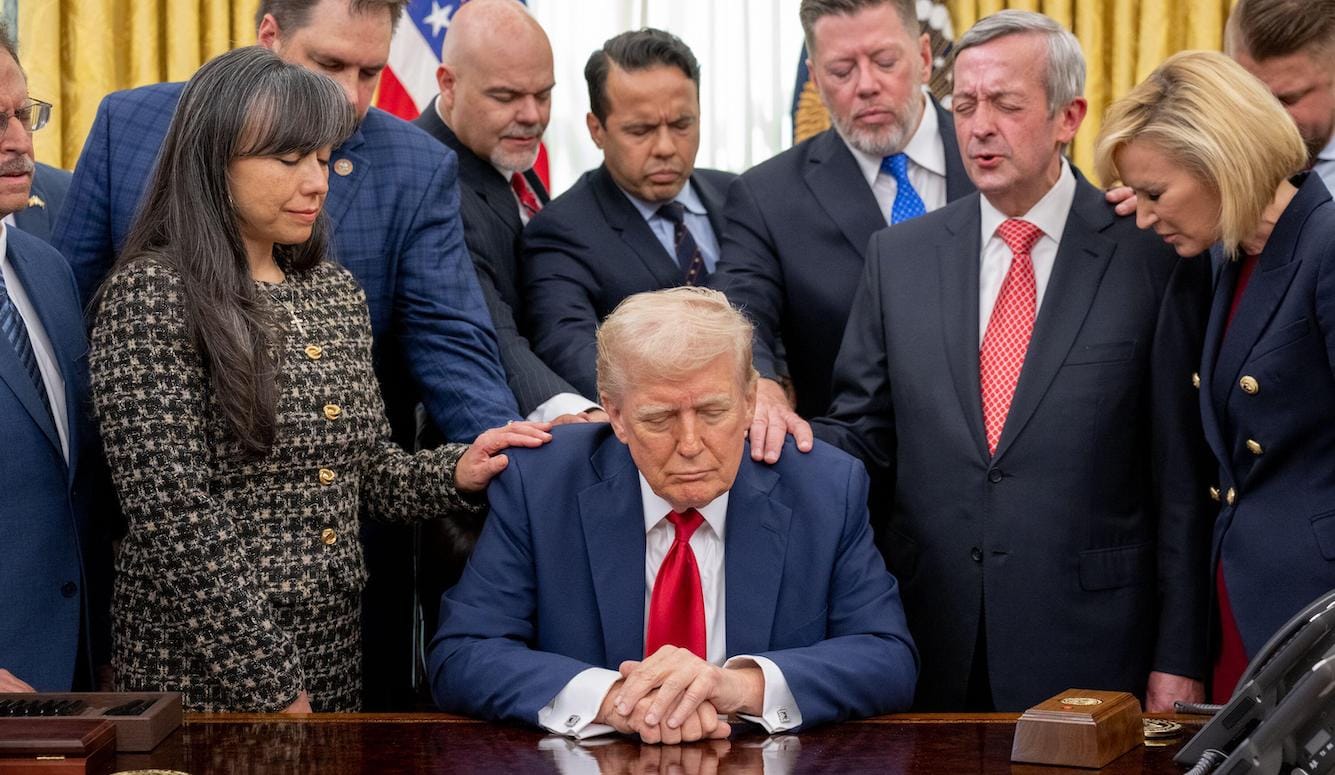Politics
Faith, Fanaticism, and False Prophets
American populism and religion are bound by a shared desire for order in a rapidly changing world.

When Donald Trump was re-elected US president last November, contemporary American politics shifted decisively towards populism. “Populism” is a contentious term, often used in modern parlance as a synonym for “policies I do not like.” The academic literature on the subject, however, generally agrees that it is defined by a Manichean worldview that pits a wicked elite against a virtuous people, and that populist movements are often (but not always) led by a charismatic figure. The us vs. them dynamic seems to be a feature of every strain of populism—left-wing or right-wing, pro- or anti-business, globalist or nativist. In each instance, shadowy elites are alleged to have sold out the people or the nation, and a revolutionary movement is required to overthrow them and restore the true spirit of the country. The populist leader offers himself as a mere conduit, speaking on behalf of the people and their interests and illuminating the reality that the media/elites have kept from the common man.
Populism already had a long and storied history in American politics before Trump first won the presidency in 2016, and this should not be a surprise given America’s peculiarities. As a heterogenous and revolutionary nation founded on individual liberty, its people have always been distrustful of authority in general and of government in particular. This distrust has led Americans to rely more on religion (or religious moral ideals), rendering unto God what is God’s and using that as a guide to what is due to Caesar. Much of American history has been driven by a mixture of individualism and religious entrepreneurialism—fervently supportive of individual rights and the right of those individuals to align their moral compass with whichever religious group they like.





